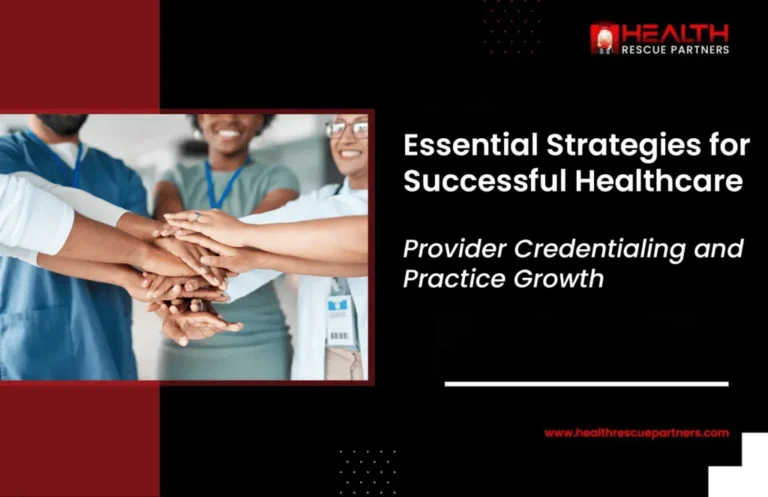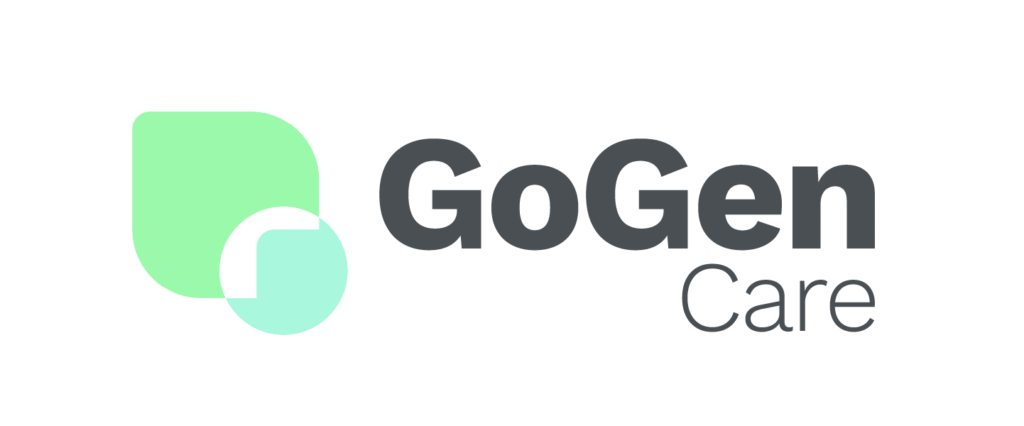In the complex world of modern medicine, healthcare provider credentialing has become one of the most vital steps in ensuring patient safety, regulatory compliance, and the financial stability of medical practices. Whether you are launching a new clinic, expanding your team, or joining insurance networks, accurate and timely credentialing for medical providers is essential. It’s not just a box to check; it’s a foundational part of a healthcare organization’s business infrastructure. For small to mid-sized practices, the process can be overwhelming—one misstep could delay reimbursements or limit access to patients. That’s why partnering with experienced credentialing and healthcare compliance services like those from HealthRescue Partners can help streamline the process and drive long-term success.
Understanding Healthcare Provider Credentialing
Healthcare provider credentialing refers to the systematic process of verifying a medical professional’s qualifications. This includes their education, training, licensure, board certifications, work history, malpractice history, and more. Credentialing ensures that providers meet industry standards and are eligible to treat patients and receive payments from insurers. The process often involves a combination of primary source verifications, peer reviews, and participation in national databases such as the National Practitioner Data Bank (NPDB). In essence, credentialing validates both the provider’s integrity and the clinic’s legitimacy to insurers and patients.
Why Credentialing Is Critical for Practice Growth
For growing medical practices, having a streamlined credentialing process is not optional—it’s a business imperative. Credentialing directly impacts patient access, revenue generation, and legal compliance. When providers are not properly credentialed, they risk being out-of-network with insurance companies, which could discourage new patient intake and limit reimbursement eligibility. More importantly, delays in credentialing can lead to claims being denied or withheld, which negatively affects cash flow. Credentialing for medical providers also establishes credibility in the eyes of patients and industry partners, setting the stage for positive public perception and sustained growth.
Common Challenges in Credentialing for Medical Providers
Despite its importance, healthcare provider credentialing is often riddled with administrative roadblocks. Manual processes, incomplete documentation, and miscommunication between stakeholders are among the most common issues. In many cases, providers and administrators underestimate how time-consuming credentialing can be—it can take up to 90–120 days or longer to fully credential a provider with all insurers. Errors in application submission or delays in gathering necessary information can prolong the timeline even further. Many practices lack a dedicated credentialing specialist, which can lead to oversights and compliance risks.
The Role of Healthcare Compliance Services in Credentialing
Credentialing is not just about checking qualifications; it also plays a significant role in maintaining healthcare compliance. Healthcare compliance services ensure that providers meet the regulatory standards set by state and federal agencies. This includes ongoing monitoring for license renewals, exclusion list checks, and adherence to insurance policies. HealthRescue Partners integrates compliance into every phase of the credentialing process to help medical practices avoid penalties, lawsuits, or denied payments. Staying compliant also enhances a practice’s reputation, which is essential for building trust among patients and insurers alike.
How Credentialing Supports Revenue Cycle Management
Credentialing has a direct impact on the broader revenue cycle. When done correctly, it speeds up payer enrollment, ensures timely claims submission, and reduces claim denials. Every day a provider is not credentialed means potential loss of revenue. Credentialing for medical providers becomes even more critical in value-based care models, where provider quality and performance affect reimbursement rates. HealthRescue Partners offers credentialing services that align seamlessly with advanced revenue cycle management strategies. This unified approach ensures that providers are not only eligible for reimbursement but also optimized to earn it faster.
Best Practices for Successful Credentialing
Implementing best practices can dramatically reduce delays and errors in the credentialing process. Here are some key strategies:
- Start Early: Begin credentialing at least three to six months before a provider’s start date.
- Centralize Documents: Maintain a digital file of all required credentials, licenses, and certifications.
- Use Credentialing Software: Digital tools can automate tracking and reminders for expirations and renewals.
- Double-Check Applications: Incomplete or inaccurate submissions are the top reasons for credentialing delays.
- Maintain Ongoing Monitoring: Credentialing isn’t a one-time task—it must be actively maintained to remain compliant.
Partnering with HealthRescue Partners helps ensure these best practices are built into your workflow, giving your team more time to focus on care delivery and patient engagement.
How HealthRescue Partners Simplifies Credentialing
HealthRescue Partners offers end-to-end solutions for healthcare provider credentialing that eliminate stress, reduce errors, and accelerate payer enrollments. From document collection and verification to submission and follow-up, the company’s credentialing team handles the entire process with precision. Their deep knowledge of payer-specific requirements ensures that your applications move through the system efficiently. By integrating credentialing with healthcare compliance services and revenue cycle strategies, HealthRescue Partners provides a unified system that empowers medical practices to grow with confidence.
Credentialing for Expanding Provider Networks
As medical practices scale and add specialists or satellite locations, the credentialing process becomes exponentially more complex. Each new provider must be enrolled with multiple payers, credentialed with hospital networks, and compliant with regional regulations. Without a dedicated team, it’s easy to fall behind. HealthRescue Partners ensures that expanding practices can onboard new providers efficiently without sacrificing compliance or revenue potential. Their proactive monitoring and follow-up help reduce turnaround time, ensuring new team members can see patients as soon as possible.
The Future of Credentialing in a Digital Healthcare Era
The healthcare industry is rapidly evolving toward automation and interoperability, and credentialing is no exception. Emerging technologies such as blockchain and artificial intelligence are being explored for use in credential verification and real-time data syncing between healthcare systems and insurers. HealthRescue Partners stays ahead of these trends by using modern tools and analytics to improve credentialing speed, accuracy, and visibility. These innovations position your practice to remain agile, compliant, and profitable in an increasingly competitive market.
Final Thoughts
Credentialing is not just an administrative task—it’s a vital growth strategy for every medical practice. By ensuring that providers are properly credentialed and compliant, practices can expand their reach, improve patient trust, and stabilize their revenue streams. With so much at stake, working with a trusted partner like HealthRescue Partners is a smart investment. Their comprehensive credentialing and compliance services offer the infrastructure needed to support sustainable success in a demanding industry.


